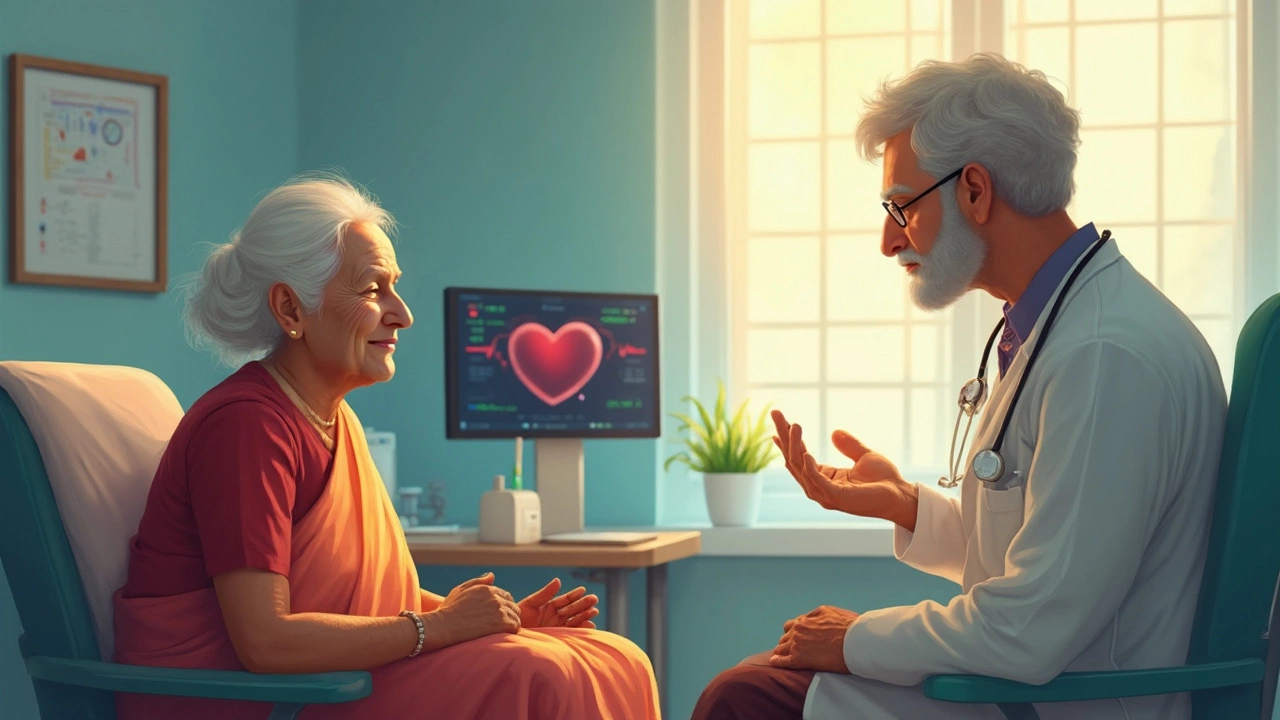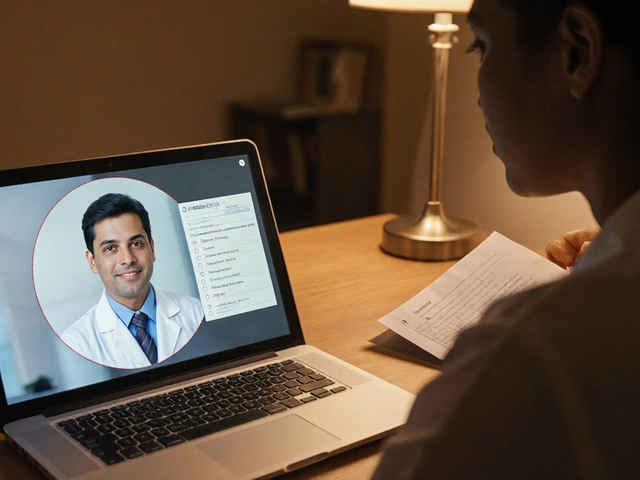Heart Health – Your Quick Guide to Staying Safe with Medicines
When it comes to your ticker, nothing beats a clear plan. You probably read a lot about diets and exercise, but the medicines you take can be just as important—or risky. In India, many drugs contain hidden ingredients that can stress the heart, especially if you’re already dealing with high blood pressure or cholesterol. This page pulls together the most useful articles from Toxic Medicine Insights so you can spot red flags and make smarter choices.
Common Medication Risks for the Heart
First off, know the culprits. Some painkillers, especially non‑steroidal anti‑inflammatory drugs (NSAIDs), can raise blood pressure and increase clot risk. Even over‑the‑counter cold remedies sometimes contain stimulants that make your heart beat faster. If you’re on diabetes medication like Metformin, pair it with the right foods—yes, bananas are fine, but too much fruit can spike sugar and indirectly affect heart rhythm.
Herbal supplements can be a double‑edged sword. Our article on the Best Herbal Supplement Company in 2025 explains how to verify purity and avoid hidden alkaloids that may trigger arrhythmias. Look for companies that disclose full ingredient lists and have third‑party testing.
Another overlooked factor is travel. Certain states in the U.S. rank higher for overall healthcare quality, but Indian patients often rely on local pharmacies where price markup can hide sub‑standard batches. High‑cost drugs don’t always mean higher quality, and a cheap counterfeit can harm your heart just as much as a legitimate one.
Top Tips to Protect Your Heart
Read the label, every time. Even “natural” products list active compounds that may interact with your prescription. If the label is vague, skip it.
Ask your pharmacist. In most Indian cities, pharmacists can tell you which brands have a clean safety record. Don’t be shy—your heart depends on it.
Track side effects. A sudden flutter, shortness of breath, or unexplained fatigue after starting a new medication deserves a call to your doctor. Early detection prevents bigger problems.
Stay hydrated and balanced. Dehydration makes the heart work harder, especially when you’re on diuretics or blood pressure meds. Simple water intake can keep your circulation smooth.
Consider a second opinion. If you’re unsure about a prescribed drug’s heart safety, consult another qualified clinician. A fresh perspective might reveal safer alternatives.
Finally, keep an eye on emerging research. Our coverage of Which State Ranks #1 for Healthcare in the US? and other health system analyses shows how policy impacts drug safety standards worldwide. While you’re in India, staying informed about global trends helps you ask the right questions locally.
Take these steps, stay curious, and keep your heart beating strong. The right knowledge can turn a risky prescription into a safe part of your daily routine.

Do They Really Break Your Ribs in Modern Open-Heart Surgery?
Are ribs still broken in open-heart surgery? Uncover how modern technology and new techniques have transformed the patient experience and outcomes for cardiac procedures.

Heart Surgery Life Expectancy: What to Know Before and After the Operation
Wondering what happens to your lifespan after heart surgery? This article digs into how long people typically live following procedures like bypass or valve replacement. It covers the real numbers, factors that can impact survival, and what you can do to boost your odds. Expect practical tips and facts rooted in recent data. No sugarcoating, just the plain truth so you can plan ahead.

Understanding Life Expectancy After Open-Heart Surgery
Open-heart surgery can be a daunting prospect for many, yet understanding the life expectancy following the procedure can provide much-needed clarity and confidence. This article examines the factors influencing life expectancy after such surgery, emphasizing lifestyle changes and technological advancements in surgical techniques. It also explores how age, pre-existing conditions, and post-operative care can impact recovery and longevity. By providing practical insights and tips, readers can gain a comprehensive understanding of what to expect after this major operation.

Rediscovering Life After Open-Heart Surgery: Steps to Recovery
Undergoing open-heart surgery can be both a daunting and life-changing experience. This article explores the journey of recovering and reshaping oneself after such a significant medical procedure. It delves into what patients can expect during their healing process, practical tips to ease back into daily life, and how they can embrace a renewed sense of normalcy. With insights into emotional and physical aspects, readers will find reassurance and guidance on their path to recovery.

What's the Rarest Mental Disorder?
Mar, 29 2025



